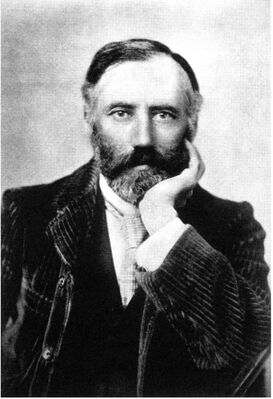96
CHRISTIAN OR MENTAL SCIENCE
[Reginald Birney explains the basic precepts of Mental Science and its distinction from Christian Science. He refers to the review of Ursula N. Gestefeld’s Statement of Christian Science, which appeared in Lucifer, Vol. II, No. 11, July, 1888. He says: “You ask where is the guarantee—the hall-mark by which the true Mental (or so-called Christian) Scientist may be known. ‘By their fruits ye shall know them.’” To this, H.P.B. appends the following footnote:]
Just so. And it is precisely because we find these fruits abortive, by reason of the ever-failing attempts—as far as we have seen and heard—to cure a really serious disease by such means, that we permit ourselves to doubt the efficacy of Mental (or Christian) Science, in its modern garb and practice. It is not mental Science itself—thousands of years old—that we doubt, but the Scientists, whether Mental or Christian. We doubt as little the existence of such a Science in days of old, and the possibility of its revival in our age, as we do Theosophy, and the Wisdom-Religion, of which both Theosophy and Mind-Cure are part and parcel. But what we do say is that “many are the called and (very) few are the chosen.” Neither the Mental Scientist, nor the Theosophist, are such by the saying “by their fruits ye shall know them.” Two-thirds of the Mental (or Christian) Scientists and Theosophists are, we fear, but bad wine corked in good bottles.
[He speaks of the safety of entrusting such powers to the multitude, and of the possible intervention of higher Powers protecting mankind from the misuse of various forces. To this, H.P.B. says:]
It is this pernicious doctrine of ever relying upon extraneous help that leads to the collapse—physical, mental, moral, and spiritual—of well-meaning, but weak and unbalanced minds. It slays the patient of the mesmeriser and the mental healer, the neophyte of the sorcerer, and the dilettante of Reform. Neither success nor safety is to be found outside self-development.

